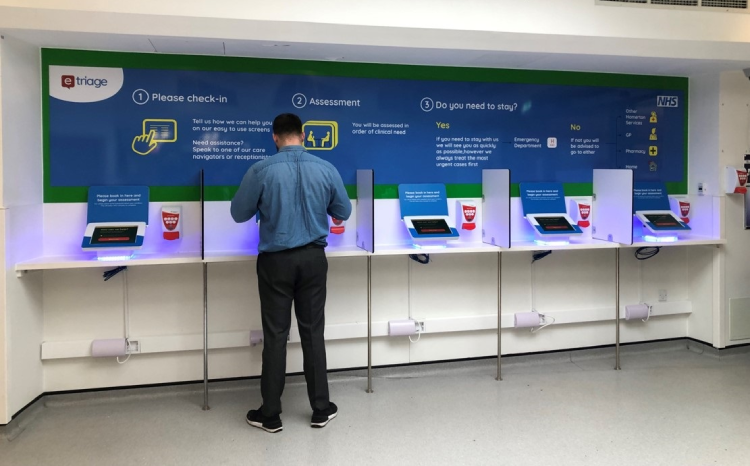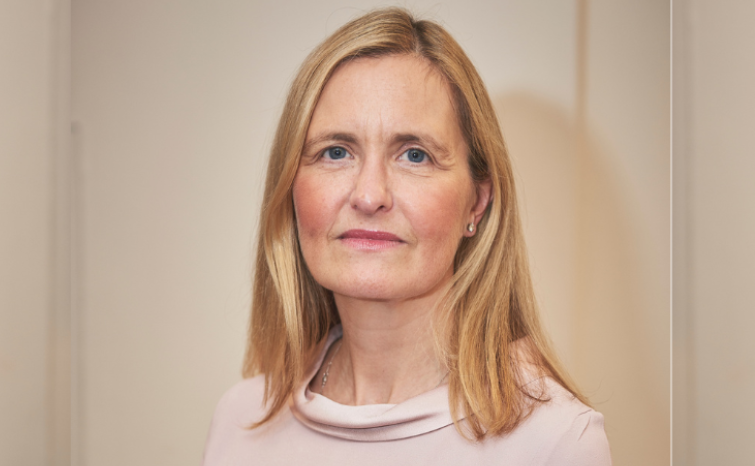Setting records straight
- 10 September 2009
 |
|
Peter Short |
The Shared Record Professional Guidance project was run by the Royal College of General Practitioners for NHS Connecting for Health. Peter Short, CfH’s national clinical lead GP, talks about the principles behind the new document and how it should stimulate debate about sharing information across clinical settings.
Computerisation of health records enables us to rapidly share data and information in ways that are not possible with paper records. This brings obvious benefits for patients, not just in terms of safety but also in terms of the quality, efficiency and flexibility of healthcare services. Appropriate information sharing is essential to providing safe and effective care for patients.
This is why the Shared Record Professional Guidance (SRPG) project has developed a set of professionally-led principles that consider the governance and patient safety aspects of shared electronic patient record (SEPR) systems in primary and community care.
This work was undertaken by the Royal College of General Practitioners on behalf of NHS Connecting for Health. Having consulted more than 30 different public and professional bodies, it came up with a framework of principles that carry wide endorsement and be used by SEPR systems to deliver safe and effective records. These guidelines provide a significant opportunity for individual professional groups to improve their own existing record keeping in the light of endorsed and shared principles.
The SRPG report makes a significant contribution to improving record keeping principles in an increasingly multi-disciplinary healthcare environment, in particular as regards the three key priorities of safety, quality and security. It is clear that in stressing the importance of engaging patients in decision-making, informing professional practice and maintaining confidence in health professionals and information systems used to support the care process.
Safety
Contributors to the report clearly recognise the need to improve access to clinical records whenever care is delivered. Any community using a shared electronic health records requires processes that set out rules and mechanisms by which responsibility can be transferred.
A multi-professional approach to safety through record standards that support best clinical standards is recommended, in order to assist the co-ordination of care processes. Record systems have to ensure that meaning is preserved, wherever health record information is accessed.
Quality
The report emphasises the need to address quality issues in shared records in terms of professional responsibility, assurance and training. It also identifies the requirement for ‘maintenance’ of records to ensure fitness for all required purposes. High quality care will be enabled and driven by high quality clinical records, but different models of ‘sharing’ information should be analysed to provide evidence of benefit, cost-effectiveness and ‘fitness-for-purpose’ that is sometimes lacking.
Security
Any concerns about security in shared record environments are addressed by principles that reinforce the importance of clinical and information guardianship. In addition, it is clear that all clinicians need to be trained and regularly updated in applying information security ‘best practice’.
The report recognises that no single document can be expected to provide all the answers to such wide-ranging and challenging questions or to be equally accessible and relevant to all professional and patient groups. It provides key points of reference and principles for the NHS as we, clinicians, move into a new world of patient-centred records, which are structured and governed to enhance quality and preserve meaning in a multi-disciplinary context.
The report also serves to highlight the continuing challenges presented by the quality of existing evidence about current and future models for improving clinical communication, and the level of understanding and consent by clinicians and patients to ‘record sharing’.
Starting a debate
The need for improved and efficient communication of health care information is universally accepted by this report and supported by all parties consulted. Shared multi-professional clinical records clearly have the potential to make a major contribution, but we must pay appropriate attention to understanding any potential risks.
This report applies lessons learned over many years by a multi-professional group and from existing paper and electronic record systems. It demonstrates overwhelming agreement on principles that need to be applied when sharing records in the GP and community setting.
Such principles will clearly need consideration across wider care settings in the future in order to allow patients and clinicians to benefit from wider, appropriate access to individual health records. In this respect, the SRPG report marks the beginning of a long overdue debate.
The significant challenge for professional and regulatory bodies is to convert these principles into professional record keeping standards for adoption across the NHS. If such standards are forthcoming and closely aligned, clinical record keeping will fulfil its potential role as a major driver for safety and quality in clinical care.
Link
Further information and the full guidelines are on the RCGP website.




